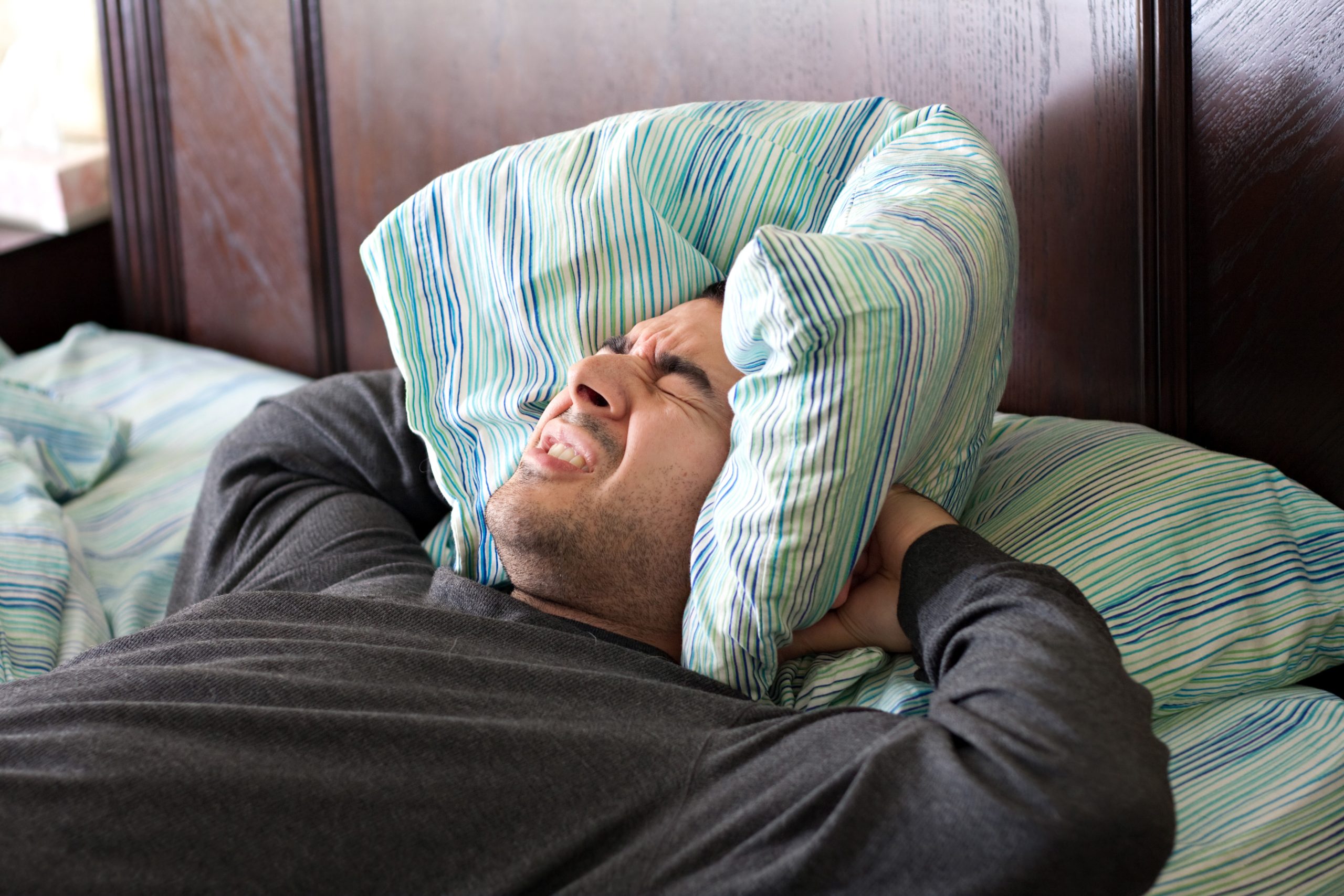


When the body is entirely at rest during a good night’s sleep, it’s busy repairing the cells in major organs and the brain. People who struggle with achieving deep, restorative rest every night will start to see its effects on the body and their overall health. Conditions like insomnia or disturbed sleep can also accelerate mental illness if not treated, including increasing the risk of addiction. The impact of poor sleep is often overlooked when examining substance use disorder, but it’s essential to recognize its influence in order to find solutions for people in treatment.
For many, the question is whether their sleepless nights fuel their addiction or if their addiction is causing poor sleep. For someone with substance use disorder, the answer lies somewhere in between. The withdrawal symptoms can keep them up all night with aches and pains, sweating, fever, and other uncomfortable sensations. This makes it difficult for people to get through the withdrawal phase when they’re attempting to stop using on their own; most often, these attempts end in relapse. At the same time, poor sleep can also lead to poor impulse control and self-regulation mechanisms which can make long-lasting recovery extremely difficult.
People may assume that because opioids make you “nod off” and tired, they’d work similar to a sedative and promote sleep. However, drugs impact much more than just the feeling they give the user; opioids interact with the body’s endogenous opioid system in the brain, binding to the mu-opioid receptors. While opioids can cause drowsiness initially, they can also disrupt the sleep cycle by putting someone to sleep before the brain is ready to shut down and often throughout the daytime when the user is taking the drug. This can cause adverse reactions during withdrawal and promote persistent insomnia, making the symptoms even more painful. It’s also important to add that opioids can inhibit the body’s ability to regulate breathing, causing people to choke or snore as they’re dozing, waking them up, and interrupting their sleep.
When drugs prevent the body from functioning optimally, the negative symptoms of substance misuse will always feel much worse, especially when someone chronically lacks restorative rest. Both addiction and insomnia can become an awful vortex when combined. While there are methods to help people get better sleep at night, any prescription solutions will have to be prescribed by a medical provider. Someone with an active addiction is not only less likely to seek help for their sleep issues from a doctor, but combining sedatives with opioids can be extremely dangerous and even fatal in many cases.
At Middlesex Recovery, we focus on providing the highest quality of substance use disorder treatment for all of our patients. Our experienced and knowledgeable staff and medical providers view each patient as individuals with unique needs to regain their health and embark on their journey towards long-lasting recovery and good health. Contact us today to learn more about medication-assisted treatment.

If opioid addiction is impacting your life or the life of someone you care about, reach out to our treatment center. We are here to provide the support and care you need to take the first step toward recovery.
Call 781.303.9936